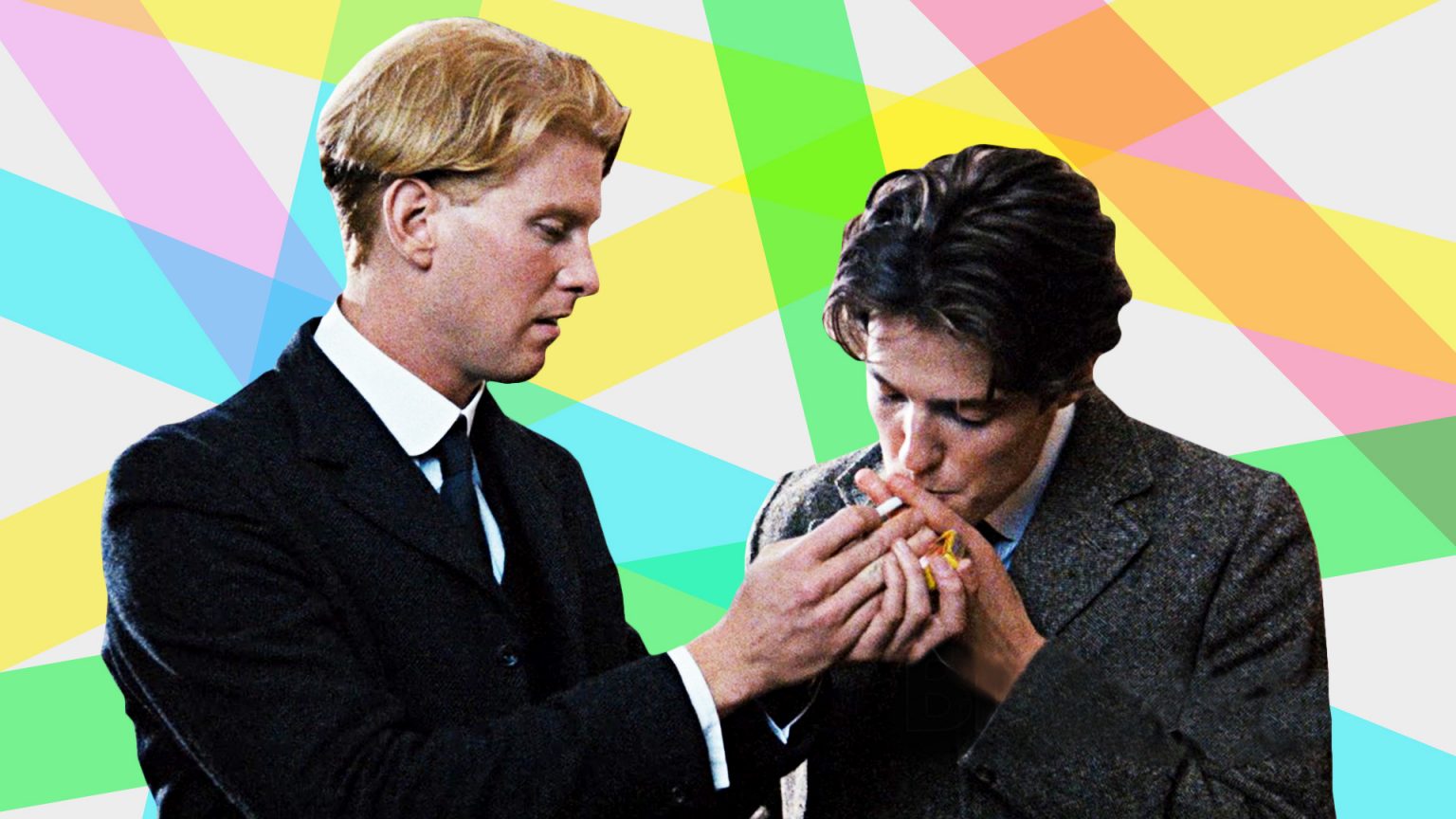Emily M. Danforth’s 2012 novel and Desiree Akhavan’s 2018 film, both entitled The Miseducation of Cameron Post, concerns Cameron (Chloë Grace Moretz), a lesbian teen in the 1990s who is caught kissing another female classmate and sent to a conversion therapy camp. Danforth has stated that her inspiration for the novel came from the ministry Love in Action, their conversion camps, and the reportage of Zach Stark, an openly gay attendee of one of the camps.
Conversion therapy is a controversial subject, but it is certainly not a new one. It began in the early 20th century when some psychologists began to argue over the validity of homosexuality. “Treatment” included ice-pick lobotomies, electric shocks, hypnosis, and medical castration. In 1973, Love in Action conversion therapy camps, ministries, and facilities began to pop up throughout the United States, and continue to operate today. Both The Miseducation of Cameron Post and the upcoming Boy Erased tell stories of young adults who are forced to attend these camps, but they are not the first movies to tackle this subject. As we will find, there is a small, but vital genre of films that brings these characters and stories to life.
In James Ivory’s Maurice (1987) the eponymous Maurice Hall (James Wilby) strikes up a romantic relationship with Clive Durham (Hugh Grant) while at Cambridge. Maurice pines for Clive, regardless of his insistence that the relationship is kept purely “hands-off.” When a mutual friend is sentenced for soliciting sex from a soldier, Clive cuts off any romantic semblance of his relationship with Maurice. Maurice hires Dr. Lasker-Jones (Ben Kingsley) to hypnotize him into having feelings for women, but it is (of course) to no avail. Lasker-Jones stops the treatment and suggests to Maurice he would be better off in France or Italy, where homosexuality has been decriminalized. As opposed to other representations of people who perform treatment or therapy, Lasker-Jones provides the path to acceptance, leading to Maurice finding love and self-worth elsewhere.
Perhaps the film that has the most in common with Cameron post but I’m a Cheerleader (1999). In it, Natasha Lyonne plays Megan, whose family and friends stage an intervention about her “increasingly strange habits” (pictures of women hanging in her locker, vegetarianism, etc.) and surmise she’s a lesbian. Megan is sent to a halfway house that is supposed to help her assimilate back into life as a heterosexual by enforcing strict and stereotypical gender roles. Megan, like Cameron, is required to wear a uniform—though Megan’s is a hot pink skirt and shirt made to enforce her femininity. While the intention of the film, according to director Jamie Babbit, is to lampoon the religious right, the film also reveals some of the hard truths of these conversion camps. Scenes, where the teenagers have group therapy while their parents are present, may seem melodramatic and over-the-top, but they also show the dynamics of power and care between parent and child. But I’m a Cheerleader was the first film to reveal and address conversion therapy, albeit satirically.
Jay Cox’s film Latter Days (2004) contains the strongest religious theme of these movies. It concerns Mormon missionary Aaron Davis (Steve Sandvoss), who struggles with his duty to God as he grows closer to neighbor Christian (Wes Ramsey), an openly gay man whose original motive, based on a bet, is to “turn” Aaron gay. Aaron, after attempting suicide, is sent to a facility and through montage, we see him tortured into being straight. He’s forced to take ice baths, is given electro-shock treatment, and is strapped into a chair and forced to watch a slideshow of men. Like Maurice, Latter Days does not dwell long on these brutal conversion methods, instead of focusing on repairing the damage done to the characters after treatment. Aaron eventually escapes the facility and reunites with Christian. Unlike the other films here, Latter Days shows the deterioration of the relationship between Aaron and his parents, and we see the unspoken grief of Aaron’s mother as she grapples with both her anger at and love for her son.
Perhaps more obscure, but still significant, Save Me (2007) follows Mark (Chad Allen), a drug and sex addict, who’s dropped into a conversion program by his brother. The mantras and teachings of the program’s leaders, Gayle (Judith Light) and Ted (Stephen Lang) mirror those of God’s Promise (the conversion camp in Cameron Post). Gayle genuinely cares for the men at the facility but is still strict in her adherence to the program’s mission statement and teachings. Mark, unlike the characters in the other movies, accepts and adheres to the program. When he leaves treatment, the parting is amicable, both because of his newfound Christianity and due to a budding romantic relationship with fellow attendee Scott (Robert Grant).
With the release of The Miseducation of Cameron Post and Boy Erased, it will be interesting to see how the conversation evolves around conversion therapy and its controversies. Hopefully, with more (and more popular) films being made around this subject, more and more people will become aware of the potential dangers of these programs and the damage they can inflict on their attendees. It’s possible that with the help of that growing awareness these programs might change or become outlawed altogether, instead of in just fourteen states out of fifty.




